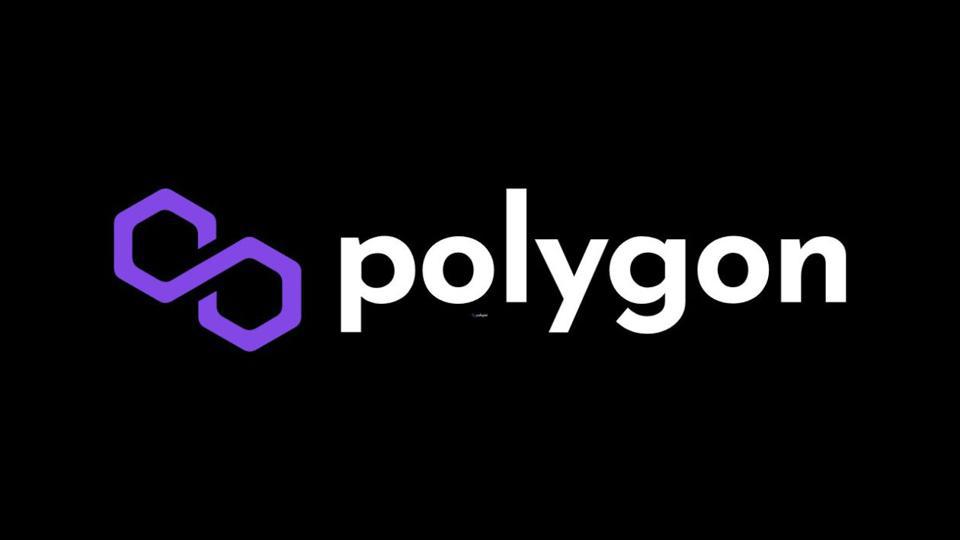- The latest report discloses that ZK-Proofs has several use cases and could be expanded to other fields.
- However, there are challenges of inability to work in isolation in addition to usability, scalability, and computational complexity issues.
The popularity of Zero-Knowledge Proofs can never be questioned considering its increasing use in the crypto ecosystem. It is widely known for its ability to verify information without necessarily disclosing the underlying data. In a recent discussion, co-founder of Polygon Jordi Baylina has explained some of the use cases of Z-Proofs.
According to Baylina, the use of ZKP is never limited to one industry as it has over the years been used for anonymous voting, decentralized games, eliminating fake news from the system, and proving personal information while keeping it away from the public. This has been seen as the perfect solution for fake information which has to do with AI-altered documents, images, and Identity.
According to Proven co-founder and CEO Rich Dewey, ZK-Proofs may trigger a massive revolution in the audit industry and change business operations. Baylina also explains that ZK-Proofs has evolved so much that it can now prove any generic statement.
The comprehensive article published by one of the renowned news outlets captured a statement made by the Federal Reserve Bank of St. Louis.
By using a zero-knowledge proof (ZKP), a party can prove to other parties that a computation was executed correctly. There is no need to replicate the computation—only the proof needs to be verified. Ideally, verifying a ZKP needs significantly less resources than re-executing the computation.
ZK-Proofs also plays a crucial role in electronic voting considering how slow it has been all this while. In places like Swiss towns and cantons, it is said to be already in use for e-voting systems. According to Dahlia Malkhi, a scientist at Chainlink Labs, the technology adds verifiability to online elections.
More Use Cases of ZK-Proofs
Also, it plays a huge role in privacy safeguards for Central Bank Digital Currency (CBDC). With 98 percent of the global GDP exploring CBDCs, several concerns have been raised about the potential use by governments to surveil their population. Remo Nyffenegger, a co-author of the St. Louis Fed paper believes that ZK-Proofs should be considered if privacy is a top priority.
Apart from its known use of exposing altered images and tracking goods, it would play a huge role in the financial sector. In the Mina Foundation’s “State of Zero-knowledge Report 2022”, 41 percent of the respondents believed that ZKP is largely needed in the financial industry.
Bitso also believes that the protocol relies on the law of big numbers.
a proof-of-solvency that can be confirmed without revealing all of that information to a third party. All an auditor needs to do is run the zk-SNARK protocol to conclude that the proof is true.
Regardless of these several use cases, ZK-Proofs is said to face some challenges including the inability to work in isolation as it would have to be attached to a truth source of oracle. On top of that, there are questions of “computational complexity, usability, and scalability.”
Malkhi explains that there is no standardized way to program. This makes it difficult for proofs to be integrated into apps by developers.
Recommended for you:
Subscribe to our daily newsletter!
No spam, no lies, only insights. You can unsubscribe at any time.




